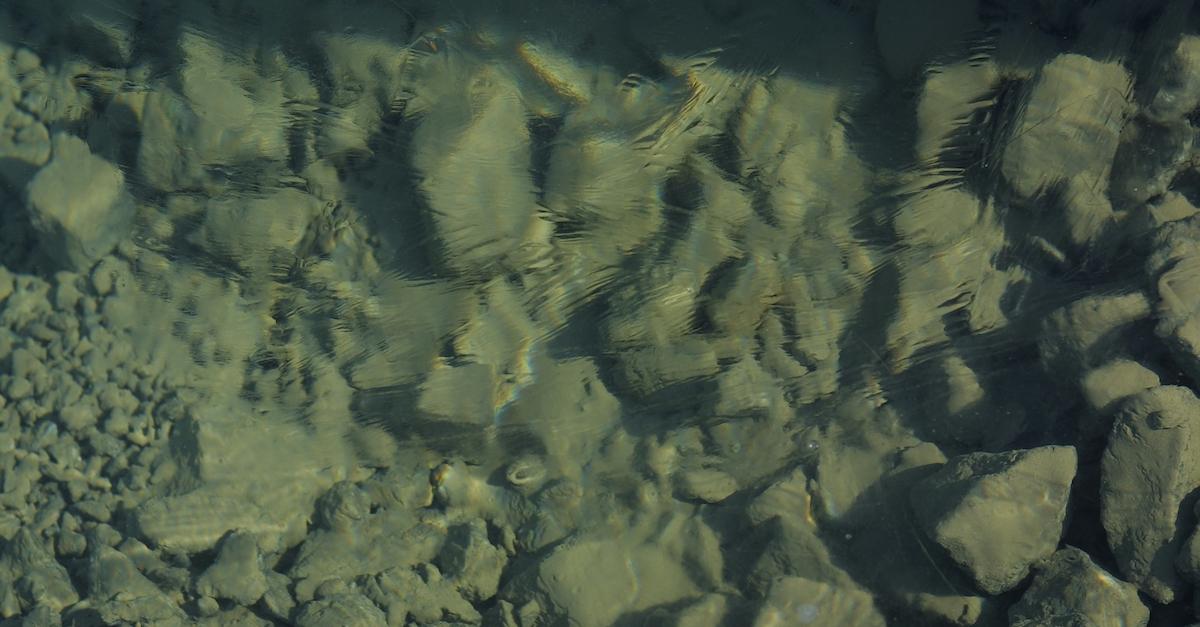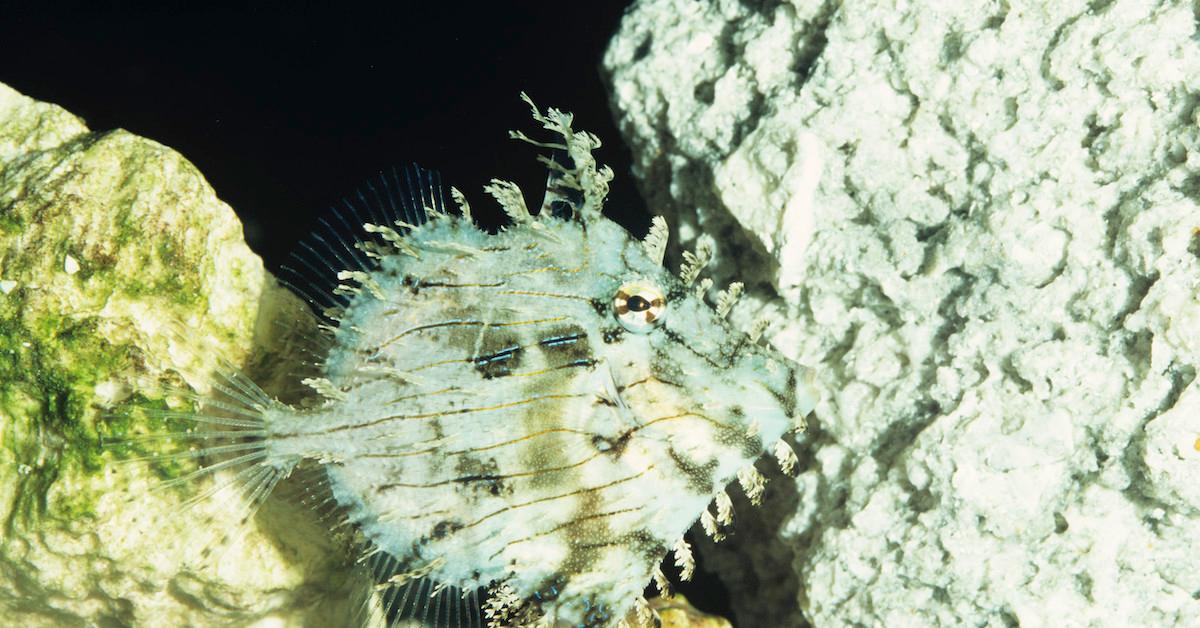Earthquakes May Be Triggered by Dead Plankton, According to a Recent Study
Published Oct. 14 2022, 1:57 p.m. ET

Small marine organisms, which lived along the ocean floor millions of years ago, may trigger New Zealand's next big earthquake.
The Hikurangi subduction zone, which is New Zealand’s biggest plate boundary fault, has faced some of the largest earthquakes on record. Many of the rocks in the area contain calcite, which is known to come from foraminifera, like plankton. And scientists are now starting to think the calcite deposits from the dead plankton could trigger a massive earthquake.
With this finding, scientists are concerned about what's to come.
"... There is a 26 percent chance of a large earthquake in the next 50 years along the Hikurangi subduction zone near New Zealand — which may result in a massive tsunami. The culprit is ancient plankton, which were compressed into stone over millions of years," reads an excerpt from Science Alert.
"Just think, these tiny, long-dead organisms can affect how two huge tectonic plates interact mechanically," structural geologist Carolyn Boulton, from Te Herenga Waka – Victoria University of Wellington in New Zealand, also told Science Alert.
It's certainly a strange concept, but the explanation behind it is seriously fascinating.

How are ancient dead plankton triggering earthquakes?
New research, which was published in Lithos, shows how ancient dead plankton may influence some massive earthquakes in New Zealand's future.
The fault in the Hikurangi subduction zone creates unthinkably strong earthquakes — sometimes measuring in at magnitude-8 or higher. And evidently, calcite, which is deposited by single-celled plankton, is causing quite a bit of movement and friction between the Pacific and Australia plates in the subduction zone.
It's currently unclear if the calcite can be dissolved, according to Sputnik News. But if it is unable to dissolve on its own, friction will start to build up. Then eventually, it could be released in a massive burst — aka an earthquake.
"Calcite dissolves faster when it's highly stressed and when temperatures are cooler," Boulton stated via Sputnik News. "It dissolves more easily at low temperatures – say, room temperature. But it gets harder to dissolve as temperature goes up – say, deeper in the Earth."
To conduct the study, researchers examined exposed layers of limestone, mudstone, and siltstone along the shorelines. They think it could be indicative of the calcite content within the subduction zone's plates.
"The amount and behavior of calcite from these organisms is a big piece of the puzzle of how large the next earthquake might be," Boulton continued.

There is still quite a bit of research to be done.
In addition looking at the condition of the calcite, scientists still need to figure out how it's actually influencing the subduction zone. According to Interesting Engineering, the influence of the calcite on the subduction zone isn't totally clear as of right now.
To find out, researchers would have to drill into the earth to examine the fault first-hand — or else they will have to find another way.
“What we really want to know is: Are there slow-slip events out there we haven’t detected? Are the rocks moving without earthquakes, or are they truly locked up? That will help tell us what might happen in the next earthquake," Boulton stated via Interesting Engineering.
While much of this remains a mystery, it's an interesting finding nonetheless.